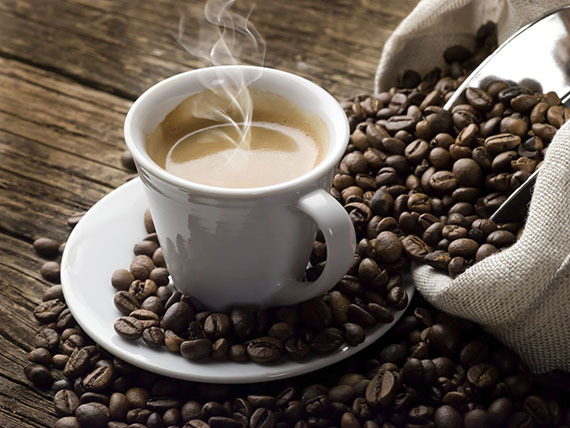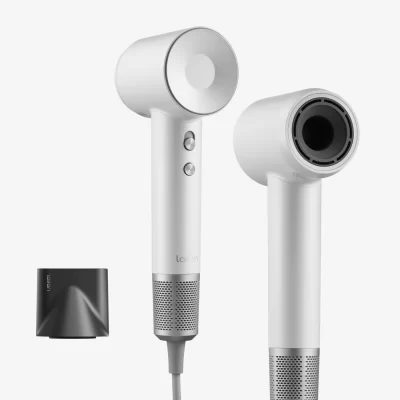All You Need To Know About Decaf Coffee
Hi Everyone,
Since the onset of winters I have been guzzling several hot cups of coffee. Who does not? Winters and hot coffee is the perfect combination. Though I enjoy drinking coffee, I can’t protect myself from the jitters that come afterwards. And, if I gulp it around bed time I should forget about sound sleep. So much is my love for coffee that I wanted to keep up its taste without the obnoxious part of unnerving palpitation. In my search to make a better coffee without side effects this is what I have come to know about decaf. You must have heard a lot about decaf coffee, it is one of the most sought after fads in North America. Gazillions of Americans drink decaf coffee to get that perfect coffee taste without all the jitters
What is decaffeinated coffee?
Coffee without caffeine – are you kidding? Are you thinking that decaf coffee or decaffeinated coffee does not contain caffeine? Well, if you are thinking that it has 0% caffeine content then you are absolutely wrong. For coffee to bear a decaffeinated label, 97 percent of the original caffeine must be removed from the beans. That means, decaffeinated coffee still contains around 1–2% of the original caffeine content. The important thing to notice here is that caffeine content in decaf is 1-2% of the ORIGINAL caffeine. So the final caffeine amount depends on the beans used to make decaf coffee. The more caffeine rich beans, more is the content of caffeine in decaf.
How regular coffee is decaffeinated?
Various methods can be used for decaffeination where the process is usually performed on unroasted green beans. The unroasted beans are subjected to steaming and then rinsed with a solvent (methyl acetate, methylene chloride, etc) that extracts the caffeine. The process is repeated numerous times until the caffeine content is just 1-2 % of the original coffee content. The greatest challenge is to separate only the caffeine from the original coffee beans while leaving the other chemicals at their original concentrations.Though it is allegedly said that this process of decaffeination leaves other constituents of coffee unaffected, some studies suggest that decaf coffee, formed by manual processes, becomes chemically-altered and degraded compared to natural, non-decaffeinated coffee beans.

What Is Decaffeinated Coffee, and its health benefits
Does decaffeination has a negative impact on original coffee’s taste, aroma, and more importantly health benefits?
Logically, it does not seem viable that decaffeination has no effect at all on pure coffee’s taste and aroma. Coffee contains over 400 components important to the taste and aroma of the drink, when it is decaffeinate it is almost impossible to leave all these components unaffected. So yes, there is a change to the aroma and taste of coffee. You will not feel the typical taste of coffee as it gets very mild. Moreover, the solvents used in the decaffeination process are sometimes harmful and possess a risk to health.
What do people drink decaf coffee? What are the advantages and disadvantages does it possess?
Owing to the minimum quantity of caffeine in decaf coffee, it does not cause any irregular palpitations. As the caffeine content is lower in decaf so it poses less risk of triggering heart disease. Even if take it around bed time you will be able to get sound sleep. The decaf has fewer anti-oxidant properties as compared to original coffee. I would say decaf coffee is any day better than a regular coffee, but only if it is processed using right solvents and right decaffeination method.
Is it possible to make your own decaffeinated coffee?
Ideally, it is impossible to decaf coffee at home. If you want to drink coffee that has lower content of caffeine, you can combine regular coffee with naturally caffeine-free herbal coffee. Mixing both these coffees in equal quantities would give you the sensory feel of original coffee without jitters.
After going through this extensive search, I think it would be wise for me to taste the decaf coffee occasionally, until a new foolproof method is devised that do not alter the natural chemical compounds found in original coffee. For the regular coffee consumption, I would stick to my regular coffee – yeah with all the limitations and constraints: no coffee around bed time.
You might also like reading these related topics
5 Natural beauty benefits of lemon juice
Health and Beauty Benefits of Coconut Water
Health And Beauty Benefits of Eating Flaxseeds
Health And Beauty Benefits Of Eating Soaked Almonds
Health and beauty benefits of green tea!
Health Benefits of Chamomile Tea
Health Benefits of Drinking Warm Water in Morning
Health benefits of sprouts



decaffeinated coffee :unsure:
You always bring up topics which I am totally unaware of .. And i love love love reading about these new things.. I wanna taste decaf coffee too.. I am a coffee lover.. :dancydancy:
Hehehe.. I will take that as a compliment Purva !
Same here I was not aware about this. I am not much into teas and coffees though, I am more of a milk lover. but liked the article. Great post dearie. :)
I love milk too, but when it infused with Bournvita :P :P
Thankfully I am not a coffee-holic and enjoy it once in a while..
But decaffinated coffee has been a rage with coffee-lovers for its benefits.. Thanks for sharing all the details..
I also would like to taste them side by side just to know if they do taste different ;)
Yes, they are a little different in taste but you can always have sound sleep after a cup of decaf !
:clap:
Got to know a new thing today!!
Thanks Rini !
never heard of decaffinated coffee. :unsure: thanks for sharing and for the detailed explanation :) :ThankYou:
You are most welcome honey !
A very informative post Babe…I have tried Decaf at times nd it kinda helps a coffee addict like me but yeah i don’t think it’s that easily available here…Lovely post :)
Yes, thats the only problem Richa. We do not have have many good decaf option available in India !